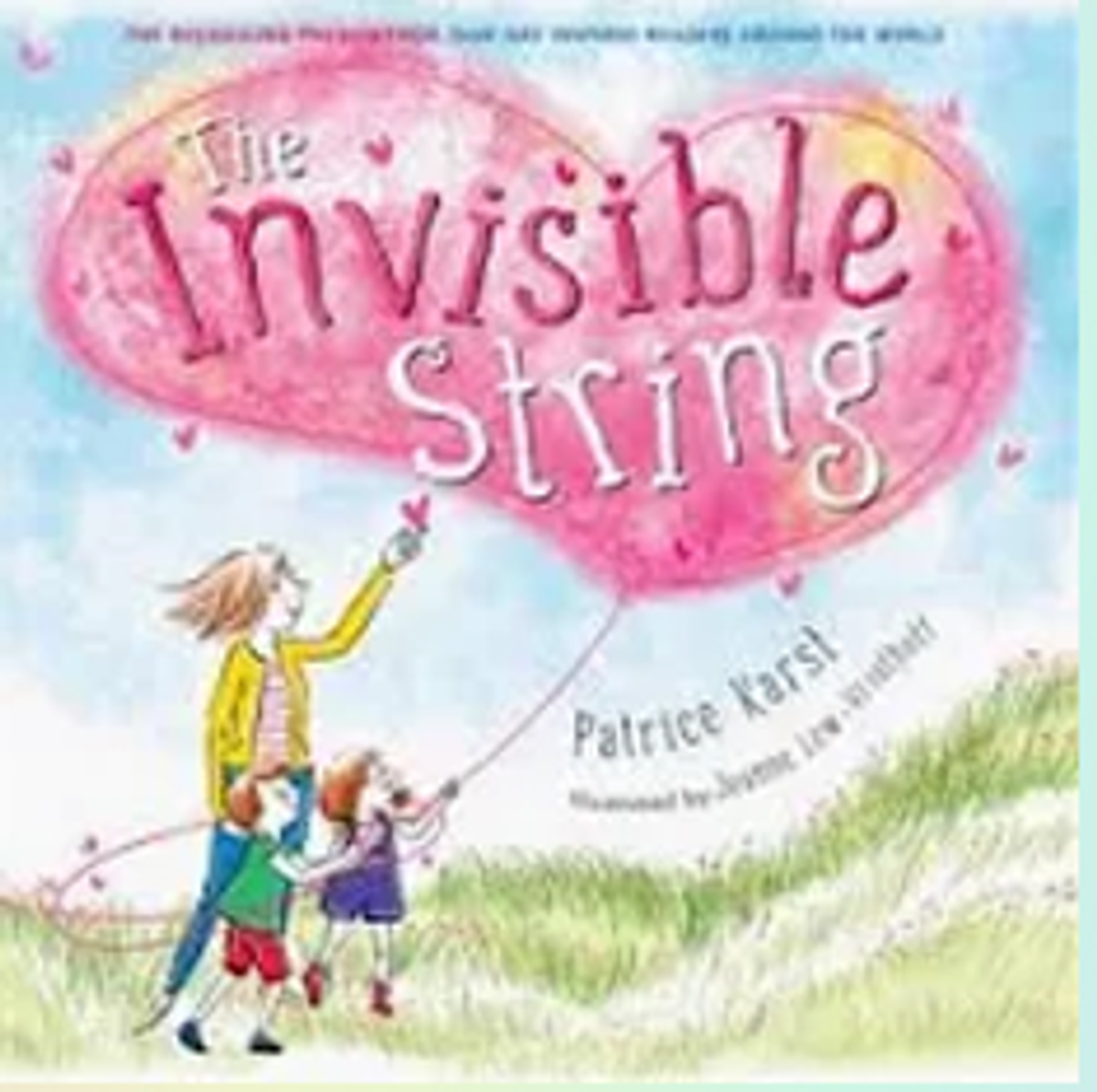Every day counts - Anxiety about going to school.
Going to school is usually an exciting and enjoyable for children and adolescents. However, most children are occasionally reluctant to go to school or are anxious about activities like school camp. It is also expected that at some stage in life, every individual will feel nervous when faced with a difficult situation. Anxiety becomes a problem when it is persistent and prevents a person from enjoying everyday life experiences for an extended period.
You can help your child cope with anxiety in practical ways, helping them develop self-confidence and resilience.
How can I tell if my child has anxiety?
Signs of anxiety include:
- Having lots of worries and a strong need for reassurance
- Psychosomatic symptoms that occur before school (e.g. nausea, stomach aches, headaches or shortness of breath). These symptoms will reduce when the threat (fear of going to school) is removed
- Crying, being clingy or fidgeting when nervous
- Sleep problems such as difficulty falling asleep, nightmares or trouble sleeping alone
- Fear and avoidance of a range of different issues and situations.
Anxiety may affect children at any age. The causes of anxiety may be different for young children than for teenagers:
Separation anxiety (being afraid to be away from parents)
Problems at school such as:
o Being bullied and/or cyberbullied
o Learning difficulties
o Social isolation, not fitting in, friendship conflicts
o Feeling lost at school
o Fear of getting into trouble
o Not getting along with a teacher
New situations like the first day in a new class or the first day in a new school
Failure – worry their schoolwork will be too hard, they won’t be able to keep up, or they won’t know the correct answer when called on in class
Fear of losing a parent. They may think something terrible will happen to a parent due to the:
- A parent being ill
- Family problems and fighting
- Parents separating
- Knowing another child who has lost a parent or whose family has broken up
Tips for Supporting Your Child with School Anxiety:
- Acknowledge Their Anxiety and Validate Their Feelings: Avoid dismissing your child's emotions. Everyone experiences fear, and minimising their concerns could make them feel misunderstood or that you don’t care. Instead, reassure them that their feelings are valid and that you’re there to help. It's crucial not to dismiss your child's anxiety. Instead, help them understand that the situations they worry about may not be as daunting as they seem. Validate their feelings and guide them toward a more balanced perspective.
- Talk About Their Fears: Open a dialogue about their fears and anxieties with your child. Understanding their concerns is the first step toward helping them feel more secure. When your child is more relaxed after school, ask them about their fears. What makes school difficult for them? Work together to develop a plan to address these issues.
- Stay Calm: Your demeanour can significantly impact your child's confidence. Remaining calm allows you to provide better support. Try not to show your child if you’re feeling worried or frustrated.
- Encourage Open Communication: Listen actively to your child and encourage them to express their feelings and fears. Create a safe space where they feel comfortable sharing their concerns.
- Communicate with Your Child's Teacher: Regular communication with your child's teacher is crucial. It helps you stay informed about your child's progress and any challenges they may face at school. Collaborate with teachers and school staff to create a supportive environment. Working together increases the likelihood of overcoming school-related anxieties.
- Establish Predictable Morning Routines: Consistency can reduce stress. Create a morning routine that includes preparing the school bag and uniform the night before or waking up earlier to make the day smoother. A visual checklist can be a helpful tool. If possible, arrange for another parent, relative, or close friend to drop the child off at school. This change can significantly reduce anxiety in some children.
- Be Supportive Yet Firm. Empathy and clarity about expectations are essential. Calmly reassure your child that they are safe at school. Use a script like, "I know it's hard to go to school today, but you have to go."
Resources Books such as “The Invisible String” by Patrice Karst are also great options for helping children normalise their worries and fears.
This lovely picture book describes an ‘invisible string’ that connects us to our loved ones, no matter where they may be. A related activity could be to tie a string around your child’s wrist and yours (you could even get creative and decorate it) as a reminder of the invisible string connecting you throughout the day.


